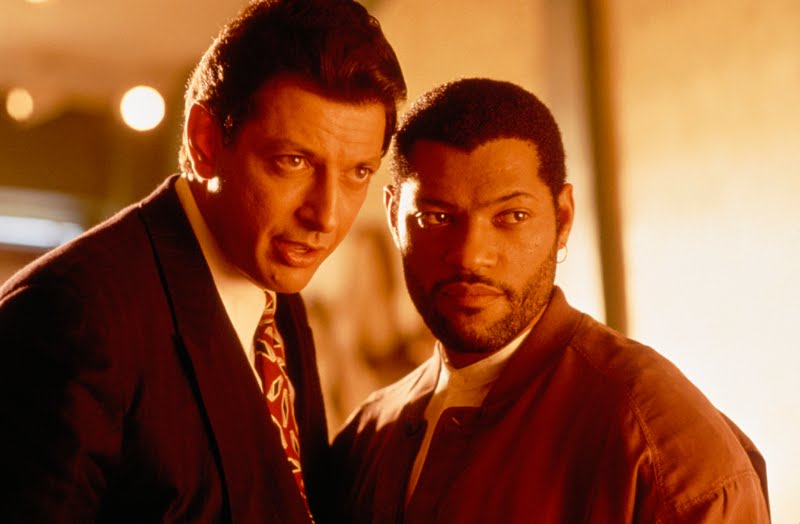Interesting piece over at The Wall Street Journal in Jason Zweig’s “The Intelligent Investor” column. Feel free to chime in under the comments section with your reactions.
With computerized traders that “hold” stocks for only a few seconds at a time and markets that can swing wildly in a matter of moments, long-term investing seems to be on the verge of extinction.
Perhaps this is inevitable. It turns out that short-term thinking is deeply embedded in the workings of the human brain. New research suggests that in order to avoid trading your accounts to death, you must counteract some of the very tendencies that make Homo sapiens the most intelligent of all species.
In a study published last month in the Journal of Neuroscience, researchers from California Institute of Technology, New York University and the University of Iowa looked at how people use past rewards to predict future payoffs.
Directly behind your forehead is a region of the brain known as the frontopolar cortex. Much larger in humans than in other primates, this area is critical to such advanced mental functions as memory, exploring new environments and making decisions about the future.
In the new study, the researchers wanted to see how the frontopolar cortex contributes to predicting rewards. So they compared people with damage to the frontopolar cortex against two control groups of healthy people and those with injuries elsewhere in the brain (but not the frontopolar cortex).
All the participants played a game in which they sampled four slot machines. They were free to play whichever machine they thought would give the biggest payoff. What they didn’t know was that the payoffs from each machine varied unpredictably.
The neuroscientists found that the two control groups tended to make their next bet based largely on how much a slot machine had paid off on the two most recent bets.
Almost as soon as the pattern of payoffs appeared to change, the participants in the control groups dumped one slot machine and jumped to the next. Although they did take longer-term results partly into account, “the healthy subjects appeared to be extrapolating their most recent experience into the future and choosing predominantly on that basis,” says Nathaniel Daw, a neuroscience professor at NYU who helped conduct the study.
The people with damage to the frontopolar cortex, however, “based their choices primarily on the cumulative reward history, not on the changes in the most recent outcomes,” he says.








Thanks Chess. My opinion? Just more of the conventional crap repackaged in psycho babble. The “investing/trading” establishment is so deeply embedded to their AUM fee model, and their “predictions without any probabilities”, that they will never change. Hopefully younger traders will learn how to trade in the proper way, and take advantage of the edges that are available in the modern efficient marketplace.
Lemmy Kilminster, wrote a very insightful piece that touches on this very topic back in the 80’s (if my recollection is accurate). He provided insighful information relating to the motivation of participants and concludes that the very structure of the reward system is such that participants ignore the odds and keep playing. I’m sure Chess is familiar with this very erudite work as it relates to poker, but for those who’re unfamiliar with it – look up Ace of Spades by Motorhead and crank the volume.